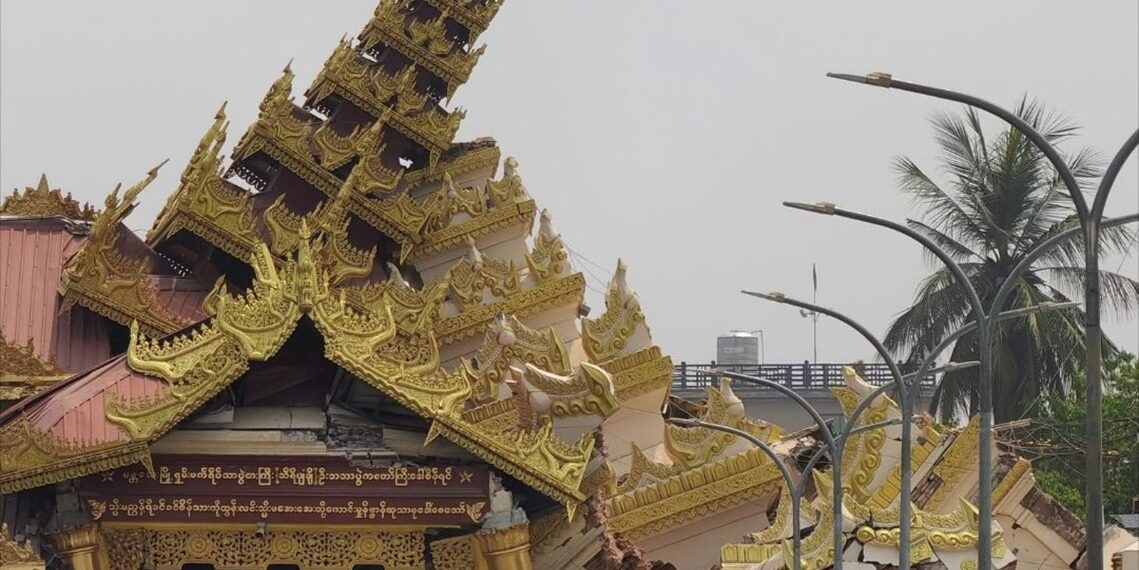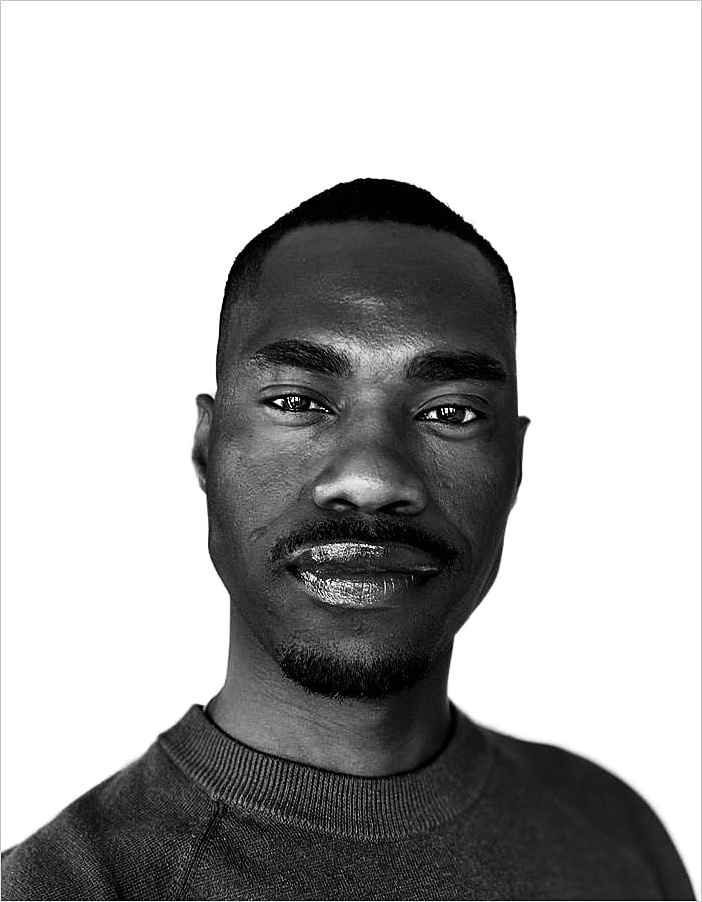The 7.7 earthquake that shook ancient structures into ruin reveals humanity’s fragility, civilisation’s memory, and the urgent lessons of resilience in an unstable world.

Civilisation builds monuments to permanence. Cathedrals, temples, palaces, towers—all designed to outlast generations, to proclaim mastery over time. Yet in moments, nature reasserts supremacy. A 7.7 earthquake strikes. Walls crack. Columns fall. Roofs collapse. Dust replaces grandeur.
The recent earthquake, measured at 7.7 on the Richter scale, was not only natural disaster but cultural reckoning. Ancient structures once thought immovable crumbled. Communities around them were displaced. Historians mourned loss. Citizens confronted fragility.
This editorial examines the earthquake’s impact: the human toll, the cultural loss, the historical echoes, and the lessons for survival in a century of instability.
The quake struck suddenly. Plates shifted kilometres below. Shockwaves raced outward. Buildings shook violently. Modern infrastructure strained. Ancient structures collapsed.
The toll was immediate: lives lost, homes destroyed, livelihoods vanished. Rescue crews raced against time. Survivors camped in open fields. Hospitals overflowed.
Disaster was not only geological but human. Poverty magnified vulnerability. Poorly built homes collapsed while wealthier districts fared better. Inequality turned tremor into tragedy.
Among the ruins were ancient monuments—temples, arches, theatres—that had stood for millennia. Their collapse was symbolic. What centuries of war and weather spared, seconds of shaking destroyed.
Archaeologists mourned. Citizens grieved. The monuments were not only stone but identity. Their loss felt like erasure of memory.
The collapse revealed truth: civilisation’s treasures are fragile. Time does not guarantee permanence. Preservation is always provisional.

History echoes. The quake recalls others that reshaped empires. In 365 AD, an earthquake devastated Crete and toppled Alexandria. In 1755, Lisbon’s quake shattered Enlightenment optimism. In 2010, Haiti’s quake killed hundreds of thousands, exposing poverty’s cruelty.
Each earthquake revealed civilisation’s limits. Each forced new philosophies. Lisbon’s quake reshaped theology. Haiti’s reshaped geopolitics. The 7.7 quake will reshape our century’s discourse on resilience.
Nature is philosopher as much as destroyer.
Ancient structures embody memory. They remind societies of lineage, continuity, identity. Their collapse is more than architectural—it is existential. Citizens lose anchor to history. Nations lose narrative of permanence.
The quake’s cultural loss rivals human loss. Without monuments, memory becomes abstract. Identity weakens.
Preservation becomes urgent not only for heritage but for survival of meaning.
Modern infrastructure fared little better. Bridges cracked. Towers swayed. Grids collapsed. Cities paralysed. Despite technology, humanity remains fragile. Engineering delays collapse but cannot prevent it. Budgets cut corners. Corruption weakens codes. Preparedness lags.
The quake exposed truth: modernity does not guarantee safety. Fragility is universal.
Preparedness is political. Budgets decide whether buildings withstand or collapse. Corruption decides whether codes are enforced or ignored.
Response is political too. Aid arrives faster for wealthy districts than for poor. Media attention prioritises iconic monuments over marginalised victims.
The quake revealed injustice. Politics magnifies nature’s cruelty.

The quake’s impact rippled globally. Archaeological communities mourned irreplaceable loss. Tourism economies collapsed. Insurance markets strained. Relief organisations mobilised.
Globally, citizens were reminded: ancient monuments anywhere are treasures everywhere. Their collapse diminishes humanity collectively.
Global solidarity becomes duty. Disasters are local in strike but global in consequence.
The quake teaches lessons. Build resilience. Enforce codes. Preserve heritage with urgency. Invest in preparedness. Honour memory.
But lessons must extend deeper. Accept fragility. Civilisation is not permanence but process. Monuments are not eternal but provisional. Meaning lies not only in stone but in memory.
Survival requires humility. Humanity is tenant, not master, of earth.
The 7.7 earthquake and the collapse of ancient structures matter because they reveal civilisation’s fragility. What centuries preserved, seconds destroyed.
This still matters because resilience is urgent. Climate, tectonics, and instability converge. Disasters will intensify. Preparedness cannot wait.
The question is not whether earth will tremble again. It will. The question is whether humanity will learn to build, preserve, and survive with humility before memory becomes dust.

Kelly Dowd, MBA, MA, is an author, systems architect, and Editor-in-Chief of WTM MEDIA. Dowd examines the intersections of people, power, politics, and design—bringing clarity to the forces that shape democracy, influence culture, and determine the future of global society. Their work blends rigorous analysis with cultural insight, inviting readers to think critically about the world and its unfolding narratives.

At the intersection of brain chemistry and human longing, intimacy between men reveals a landscape of vulnerability, reward, and identity. This article delves into how neural circuits, hormonal dynamics, and psychological frameworks undergird male-male intimacy—why it matters, why it unsettles, and why it offers one of the deepest paths to self-knowledge and human connection. By combining neuroscience, endocrinology, and relational psychology, this piece argues that male intimacy is not a peripheral luxury but a core human imperative: a frontier where biology and spirit collide.

AI is reshaping medicine from diagnostic tool to empathic collaborator — a transformation that redefines care, ethics, and the essence of healing itself.

Across alliances, borders, and institutions, power is increasingly exercised without trust. This article examines how legitimacy—not military strength or economic size—has become the decisive variable in global stability, and why its erosion now threatens international order.